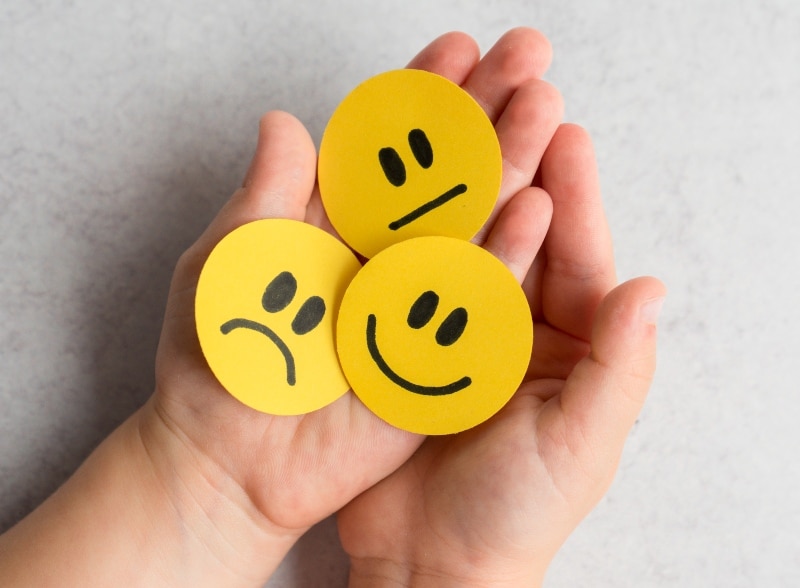
Moving Up to Year 7: An Activity for Children
This activity is aimed at young people who will soon be moving up to Year 7. It nudges them to consider how change makes them feel and think of all the things that they are excited about as well as anything that might make them feel a bit wobbly. It is similar to our activity called ‘How Do I feel About Change’ but has additional sections on seeking further information and making new friends.













